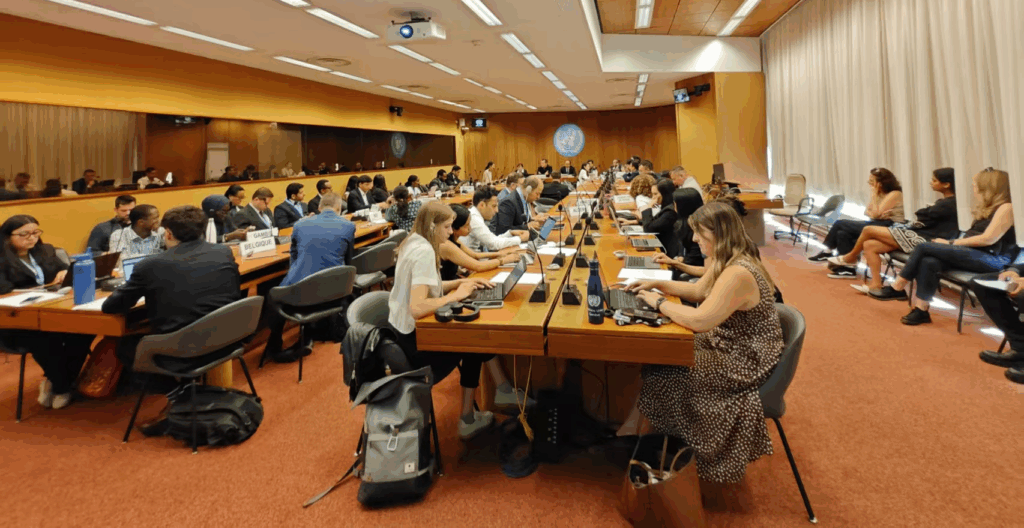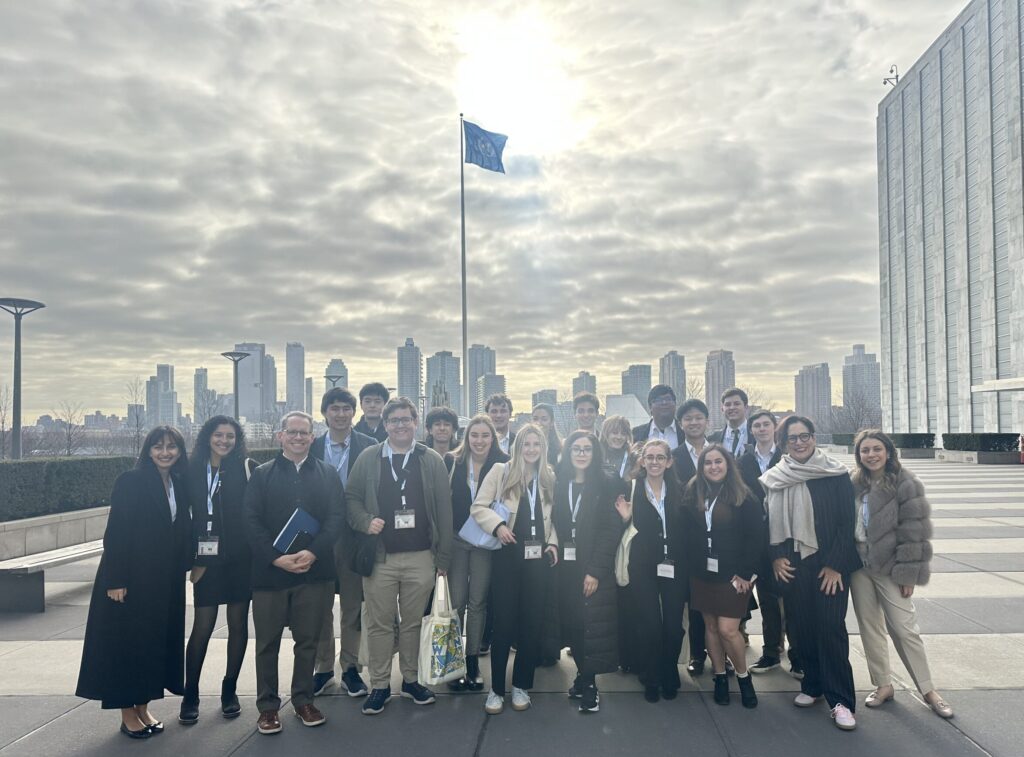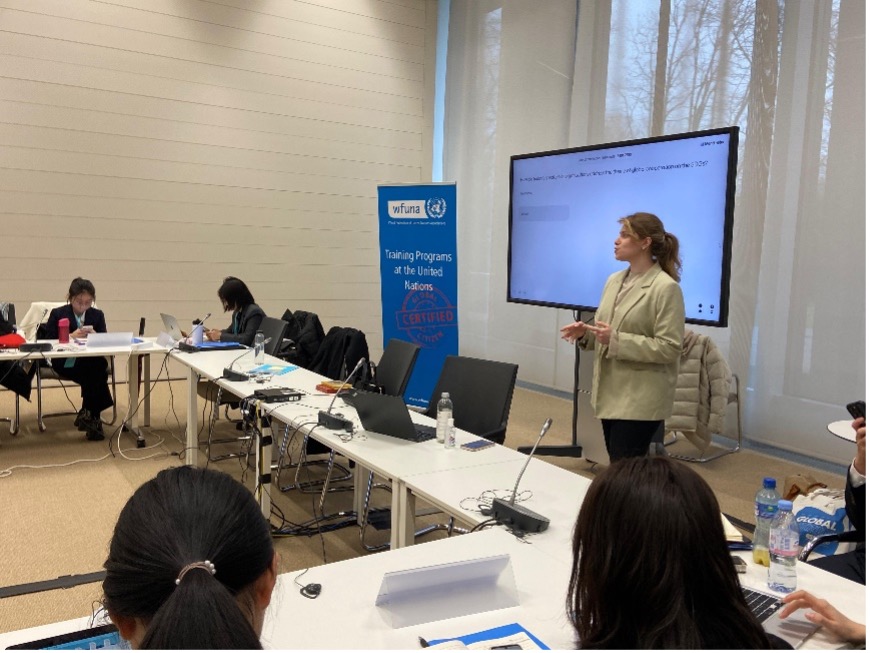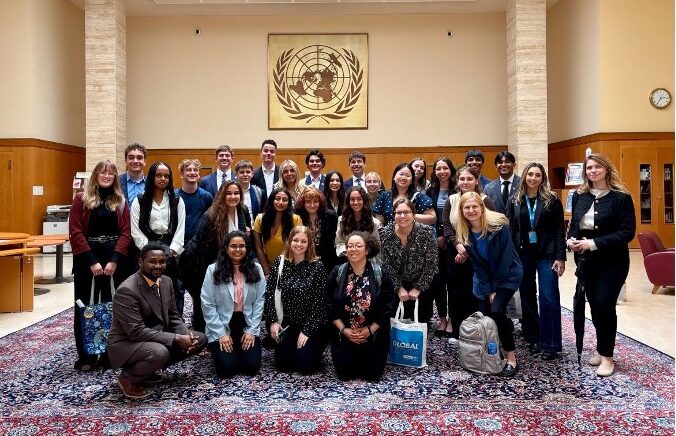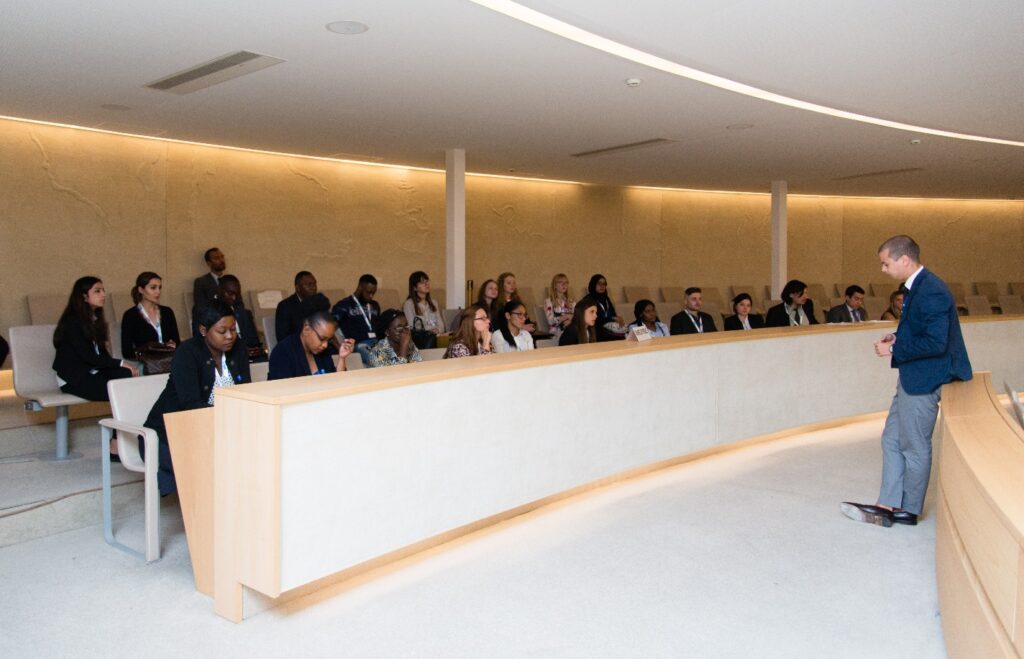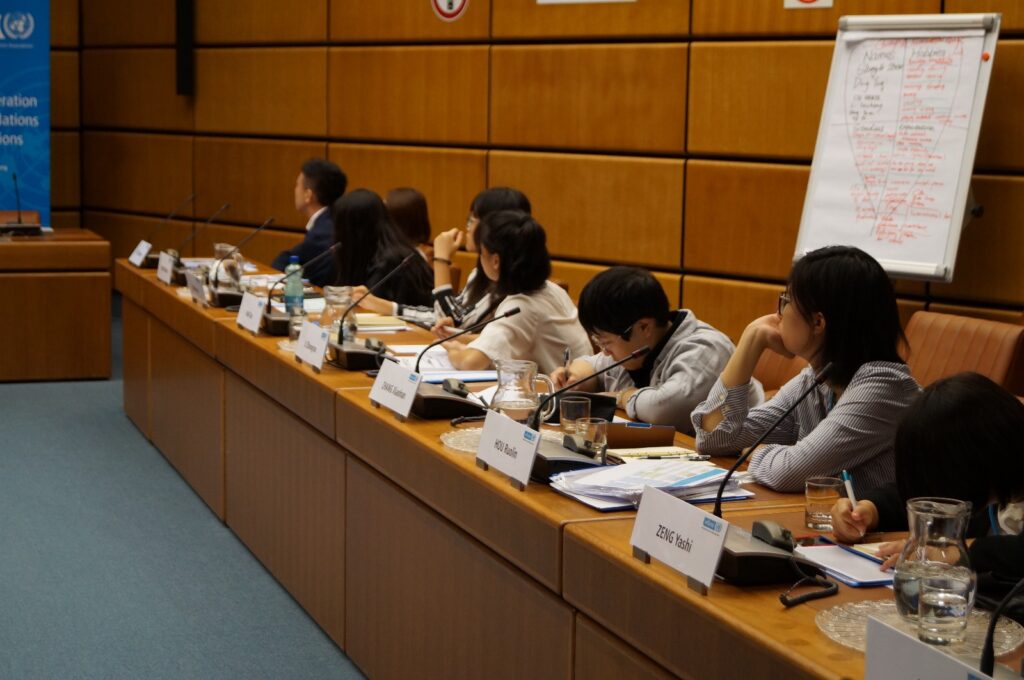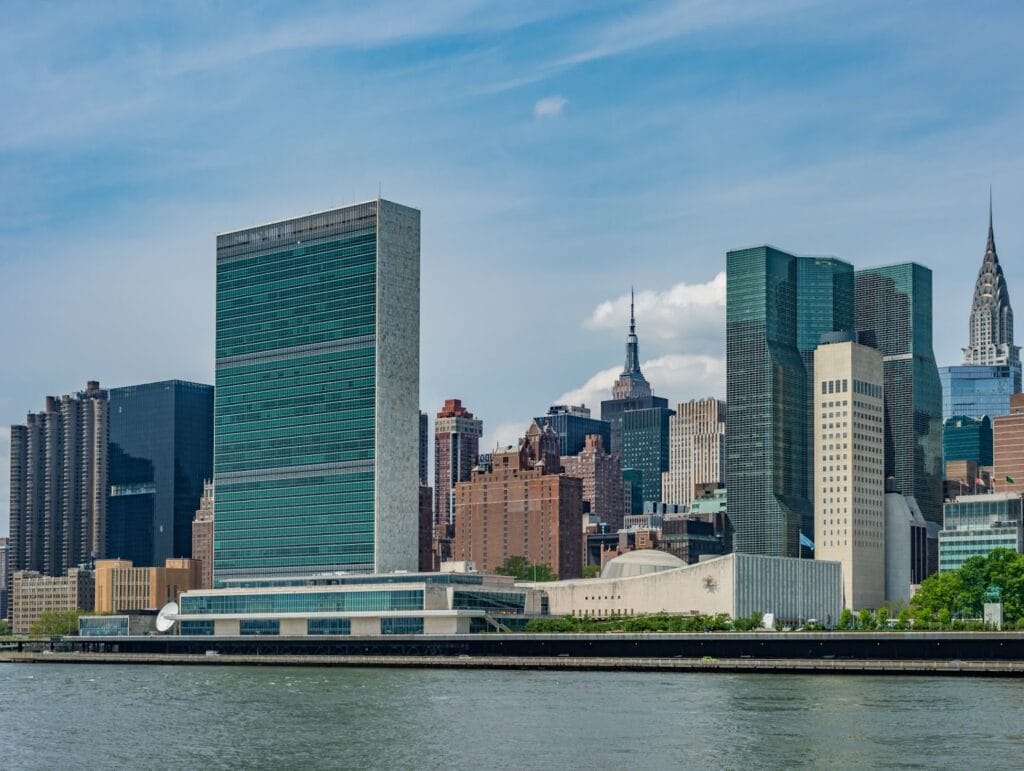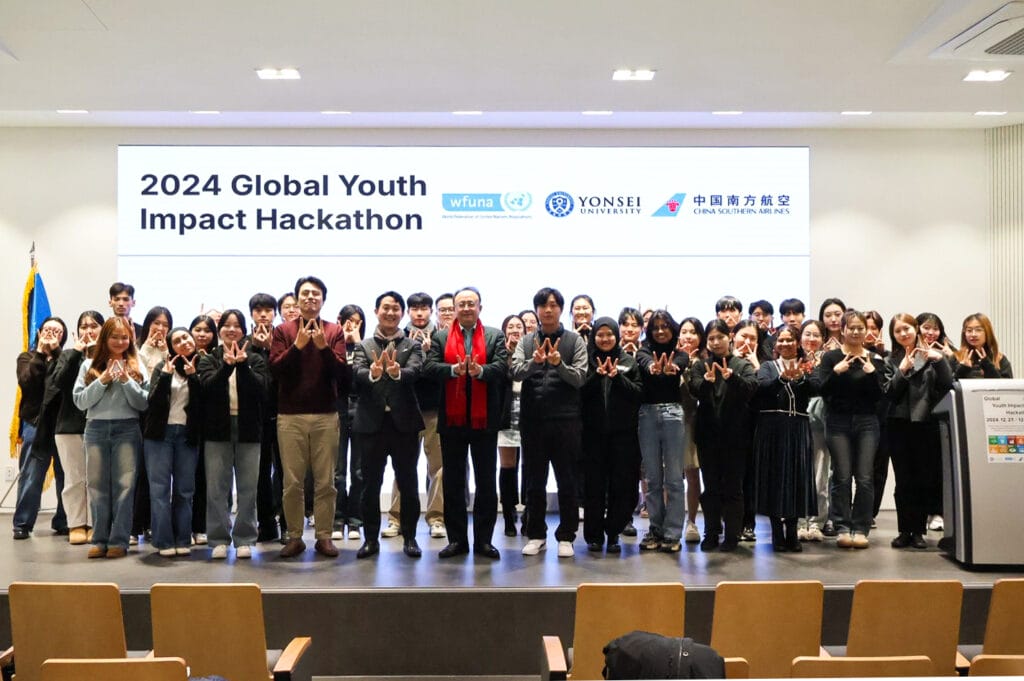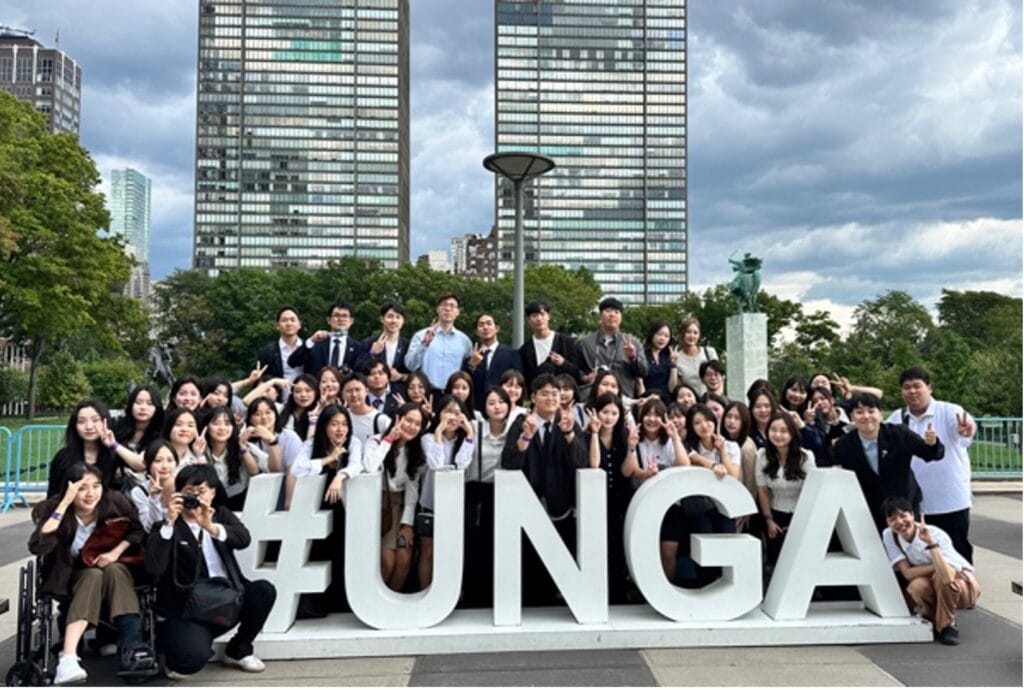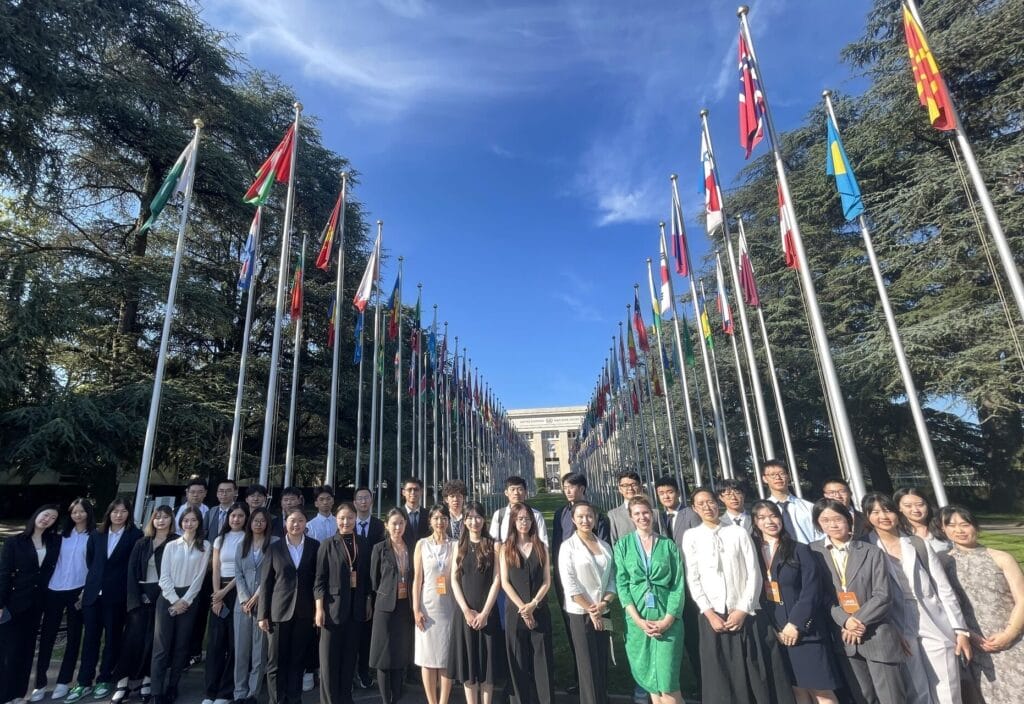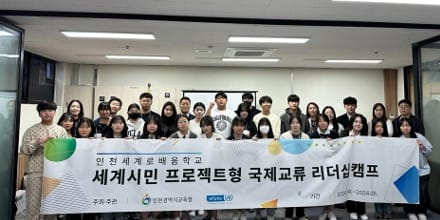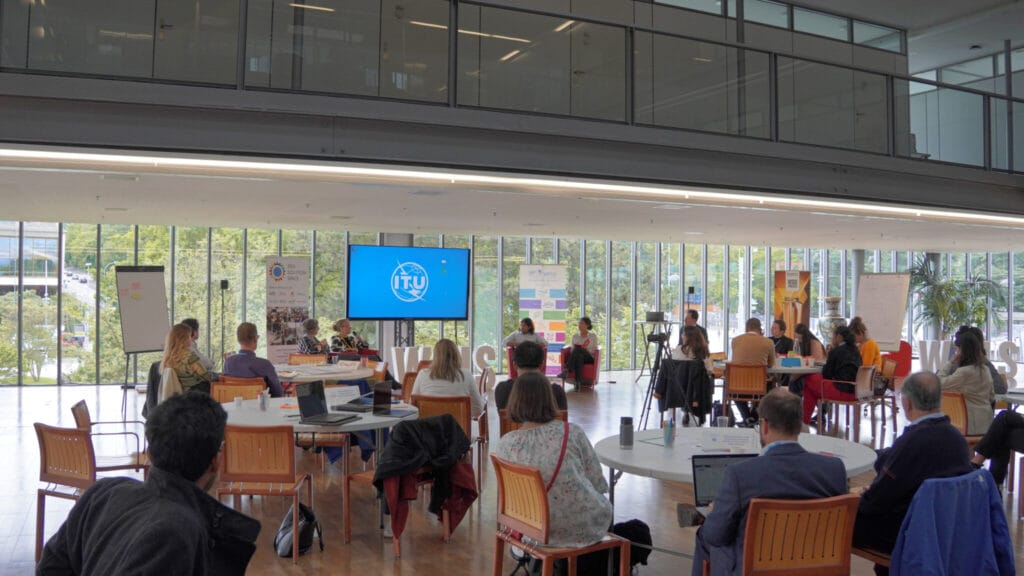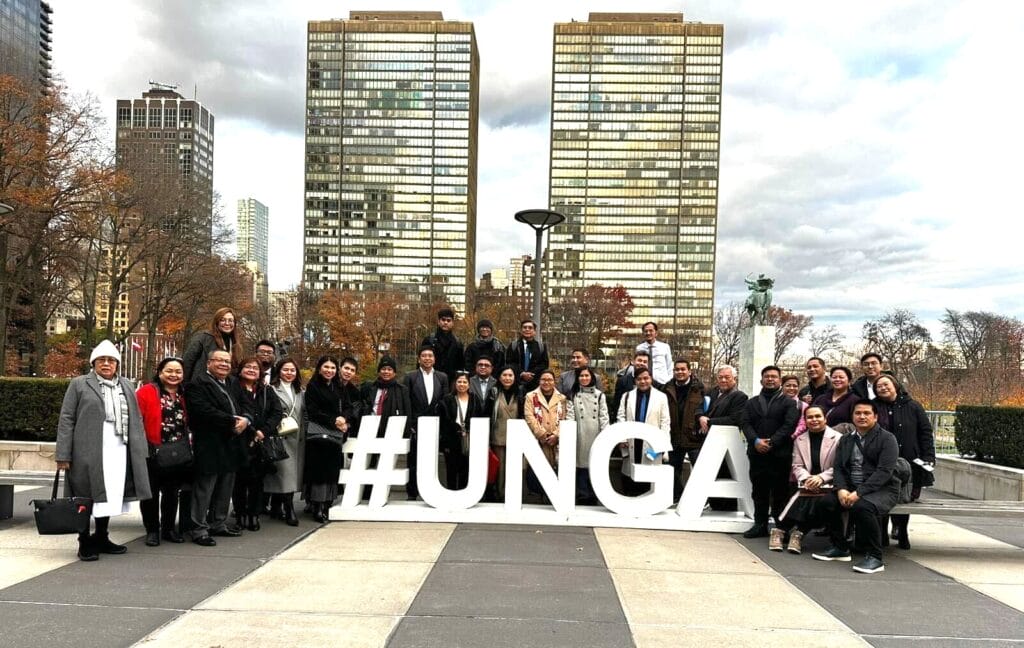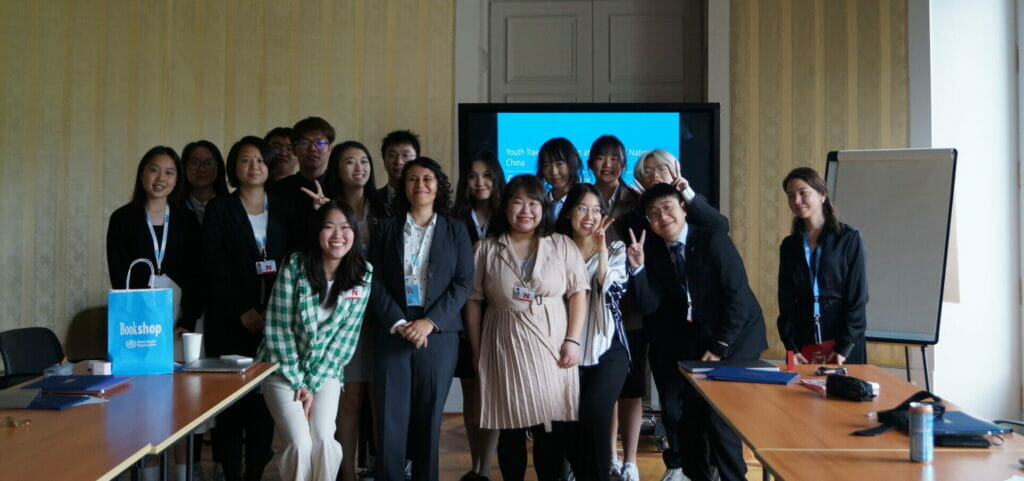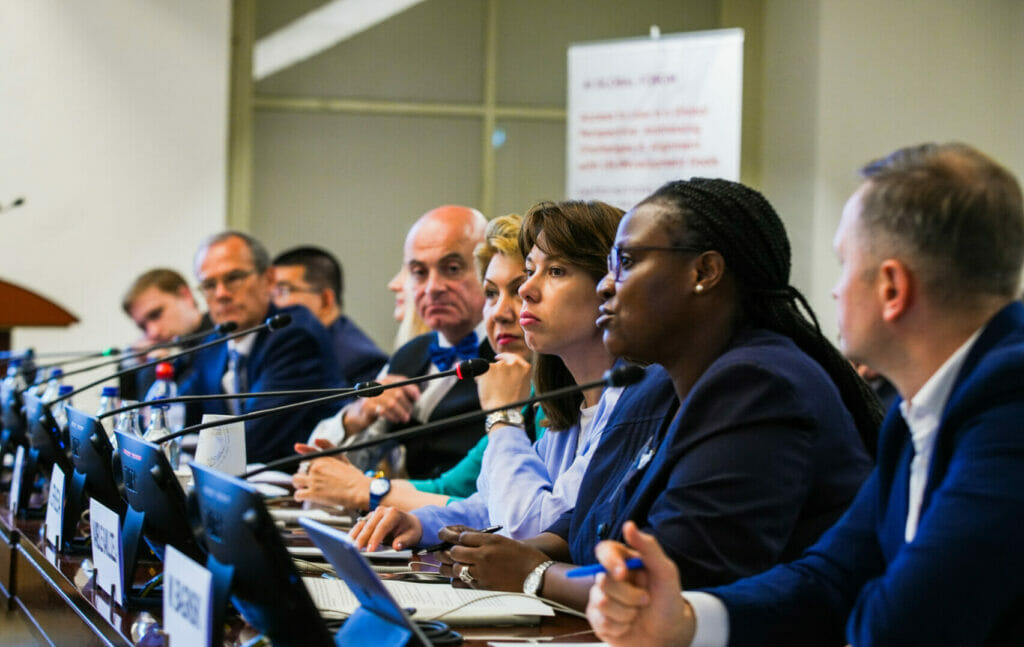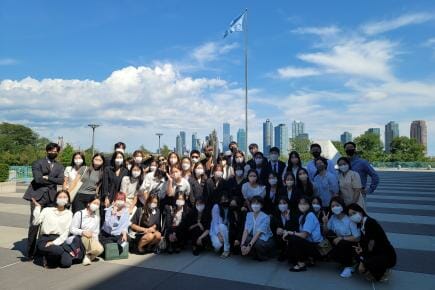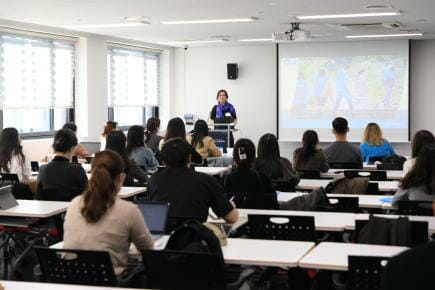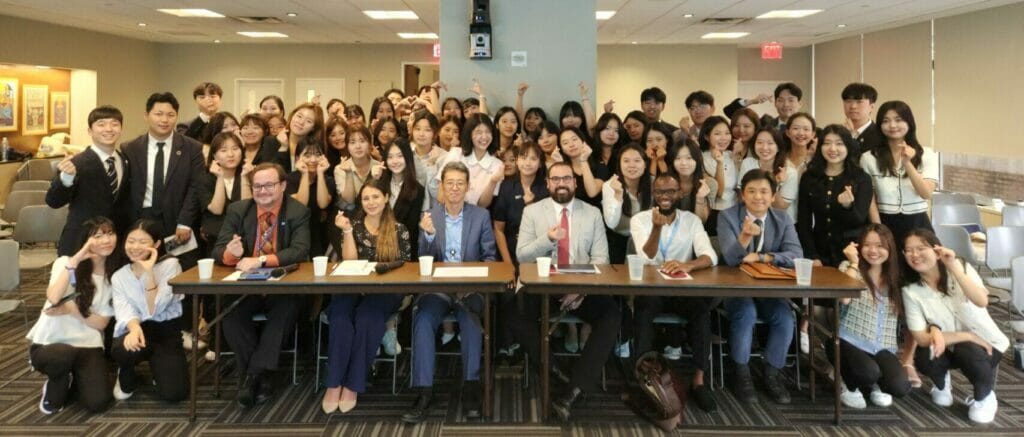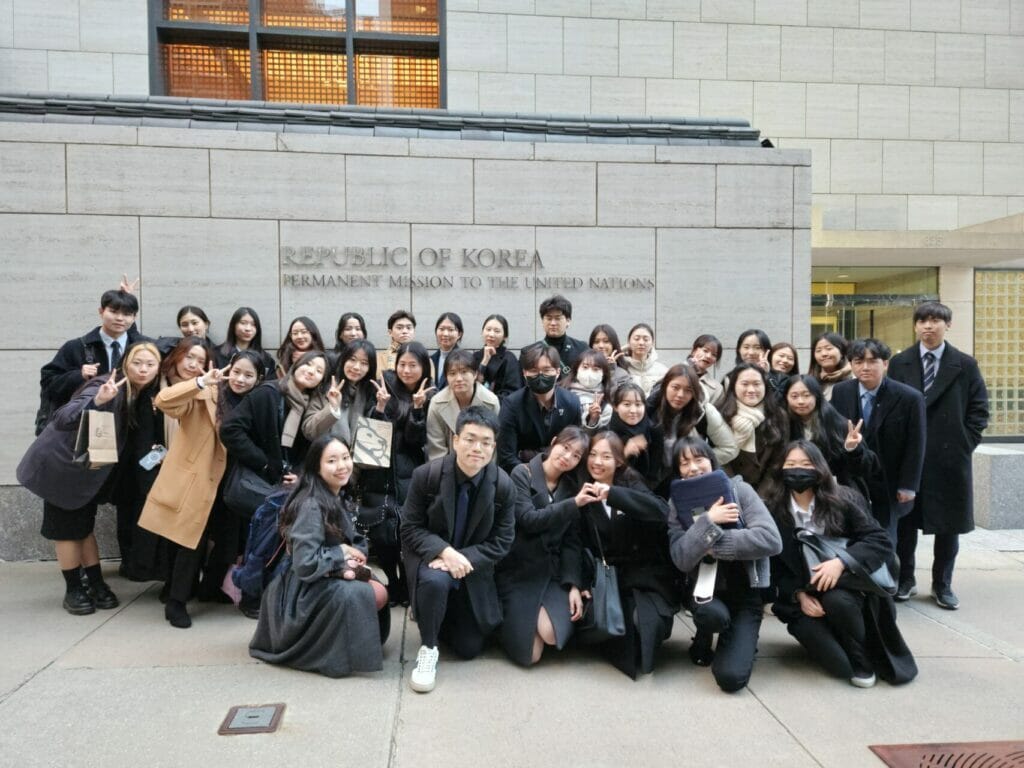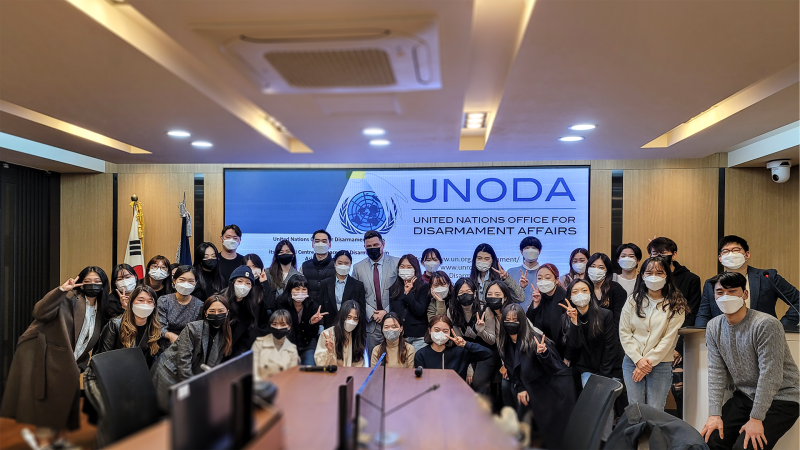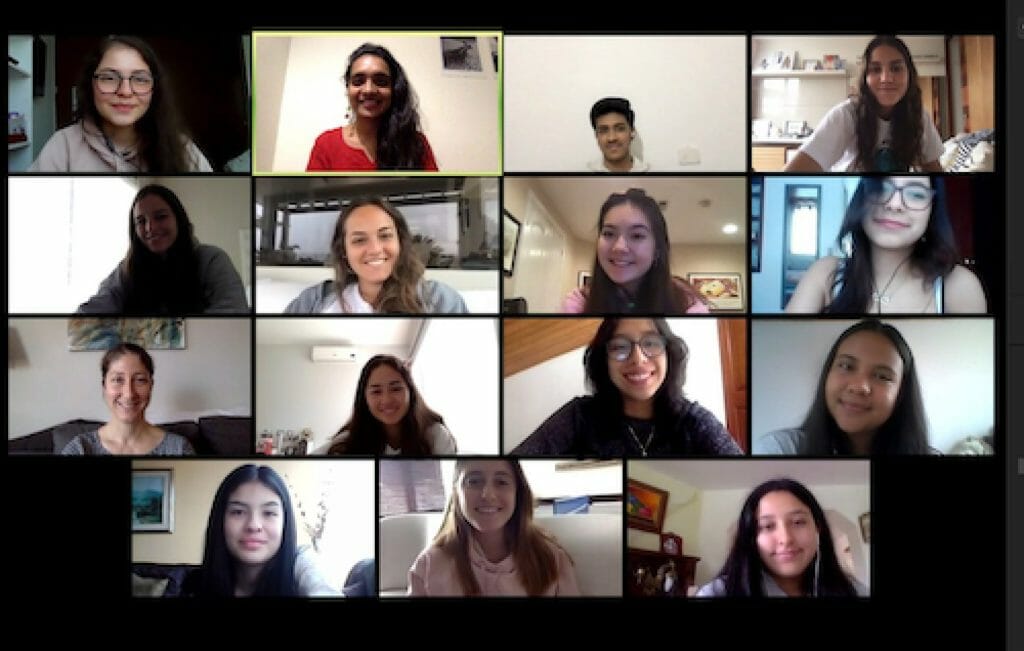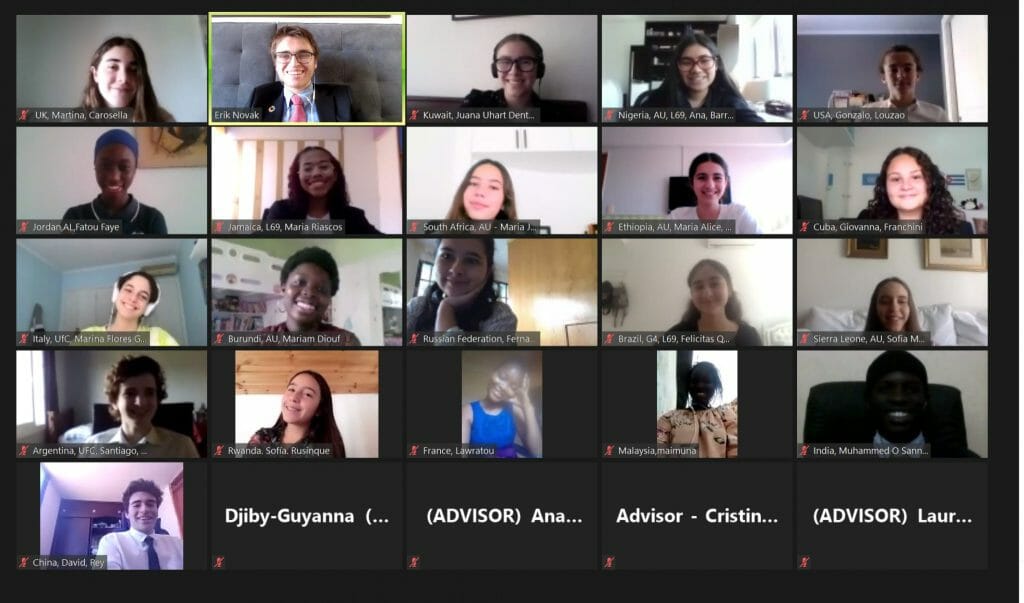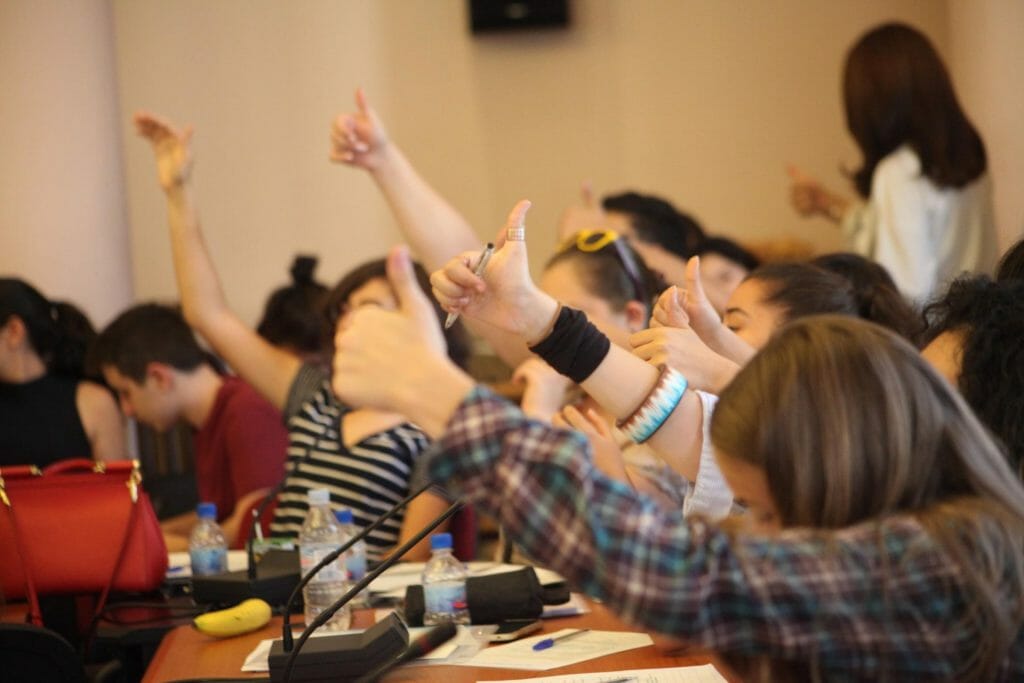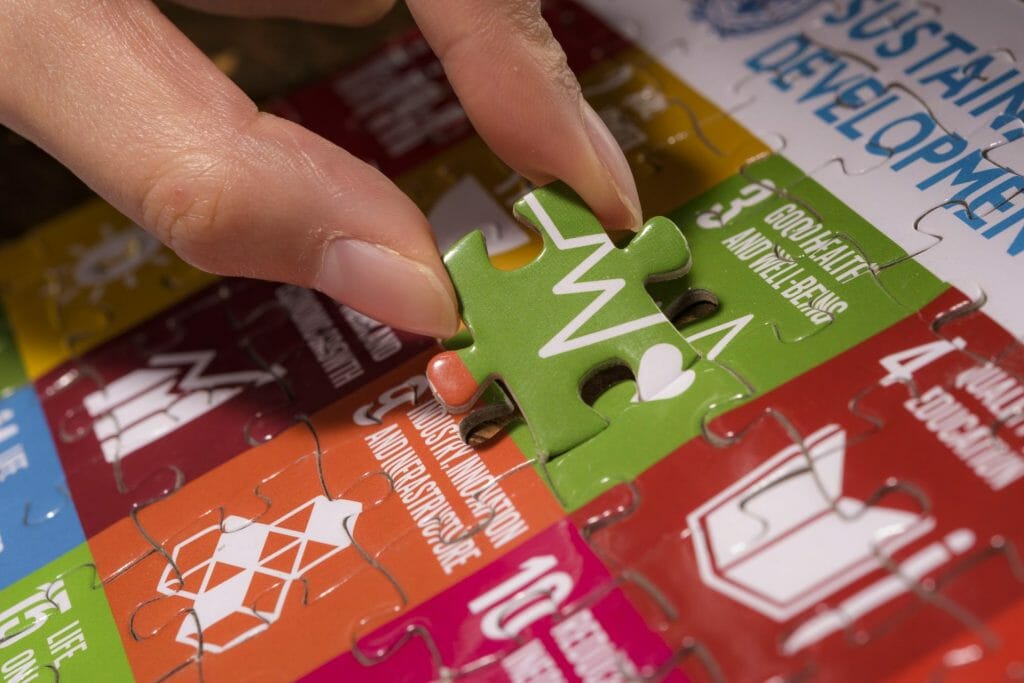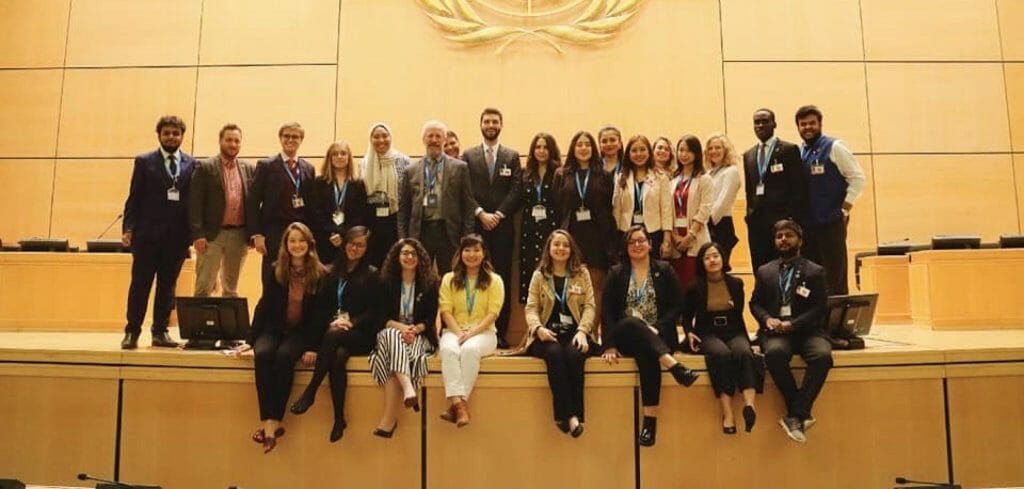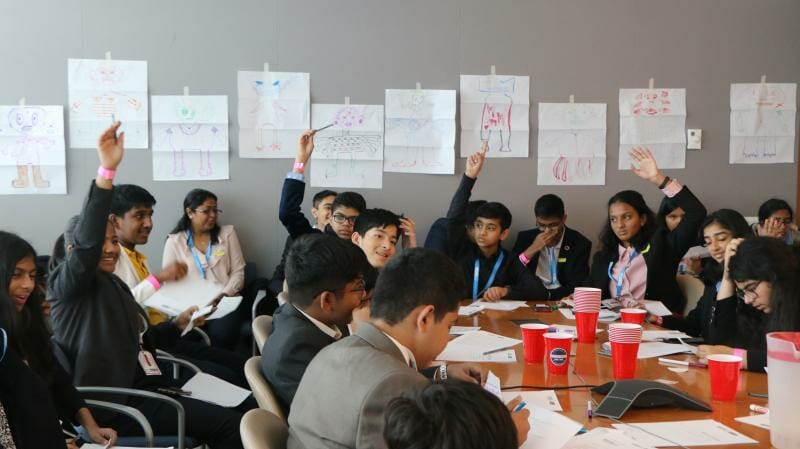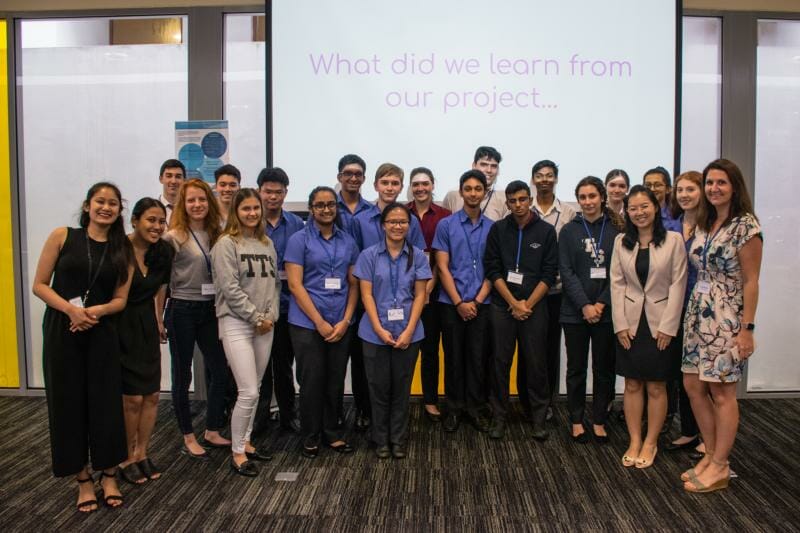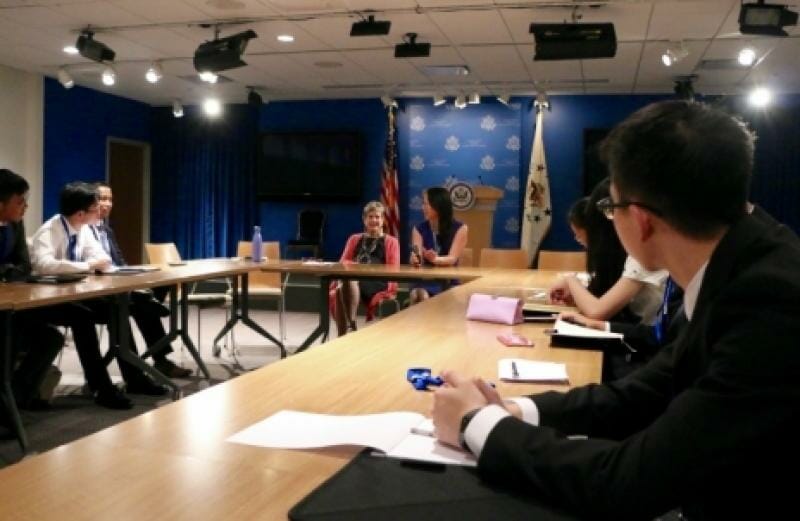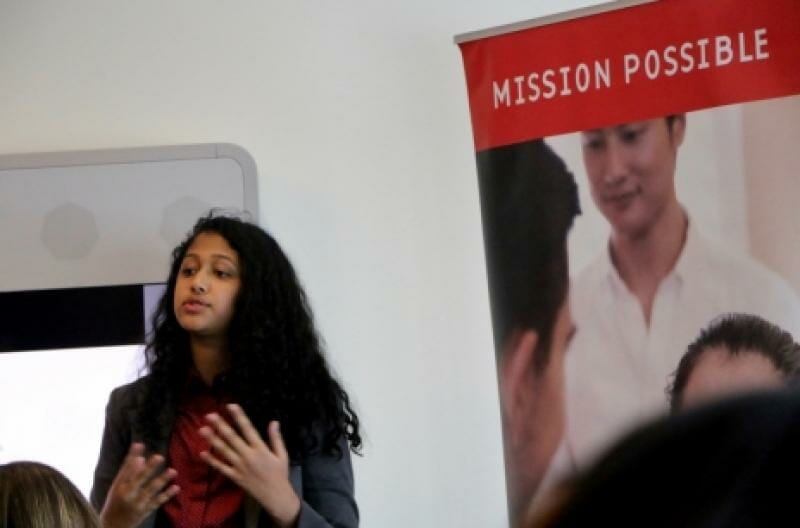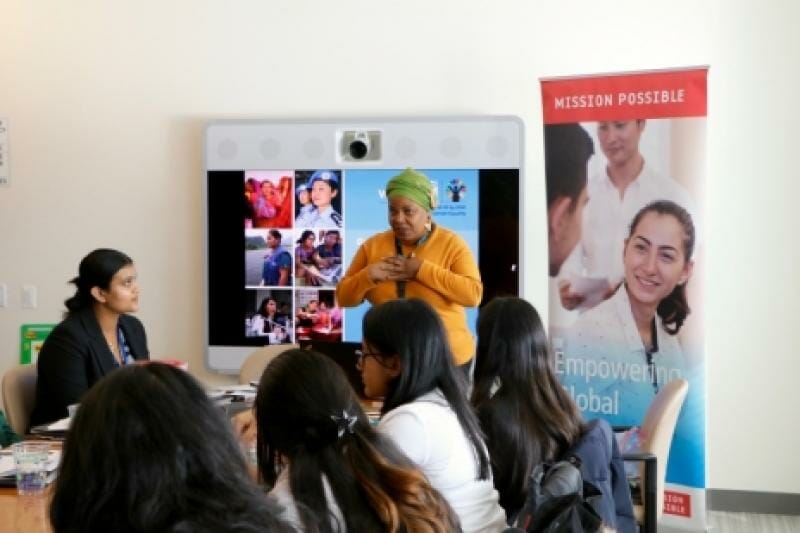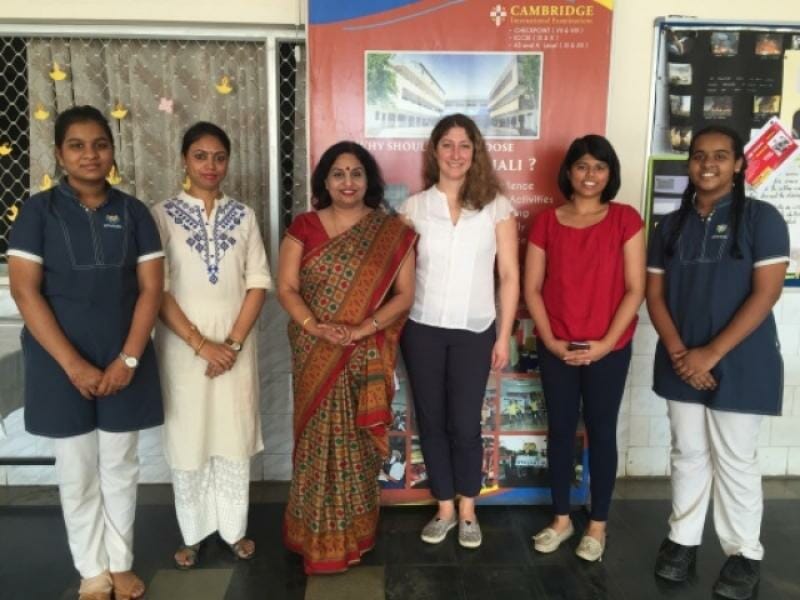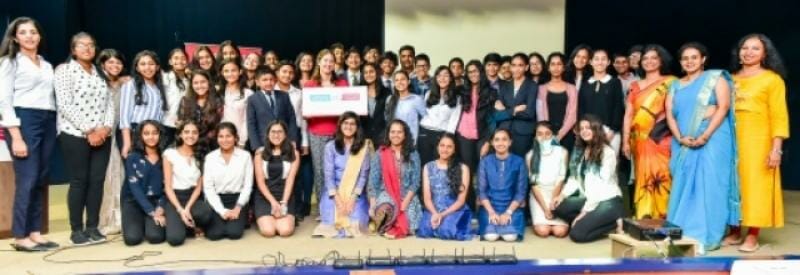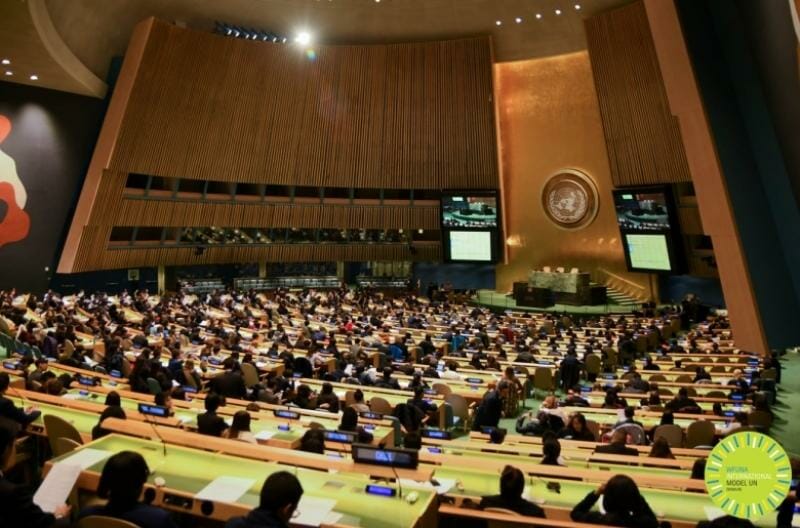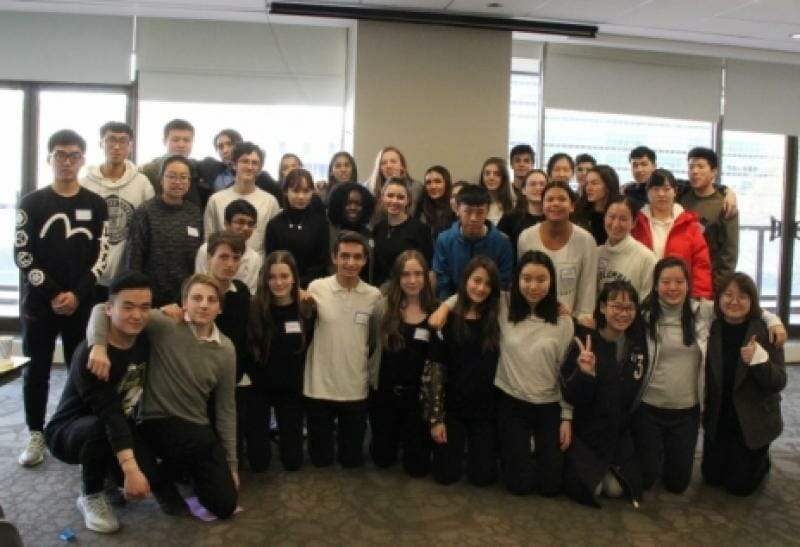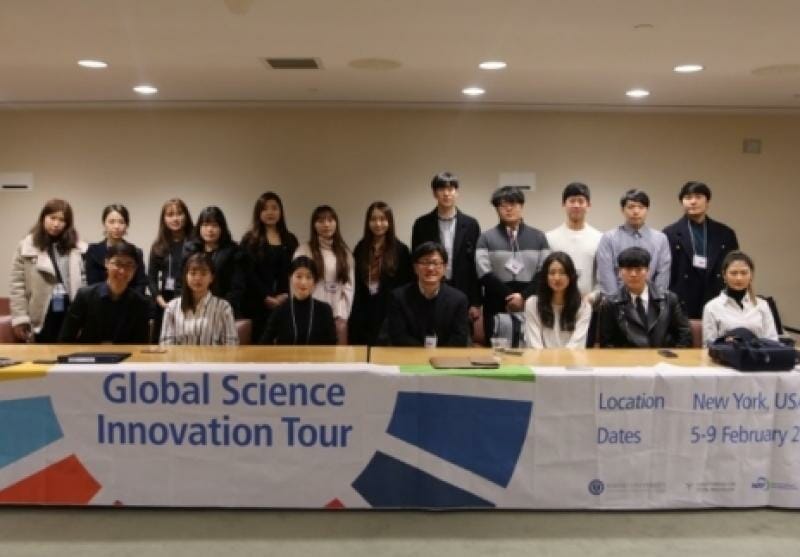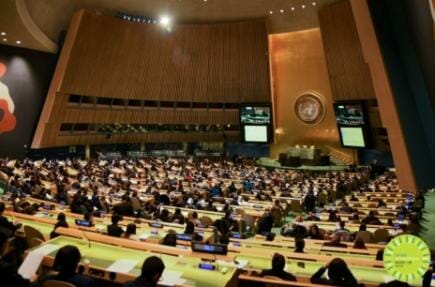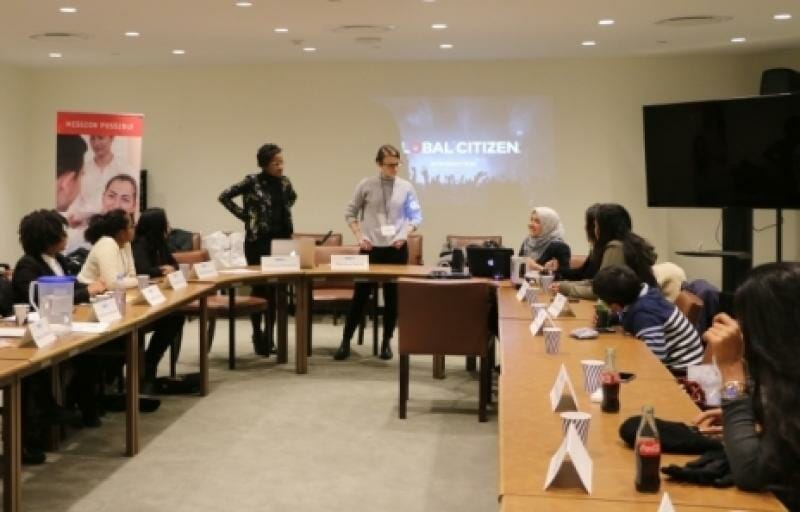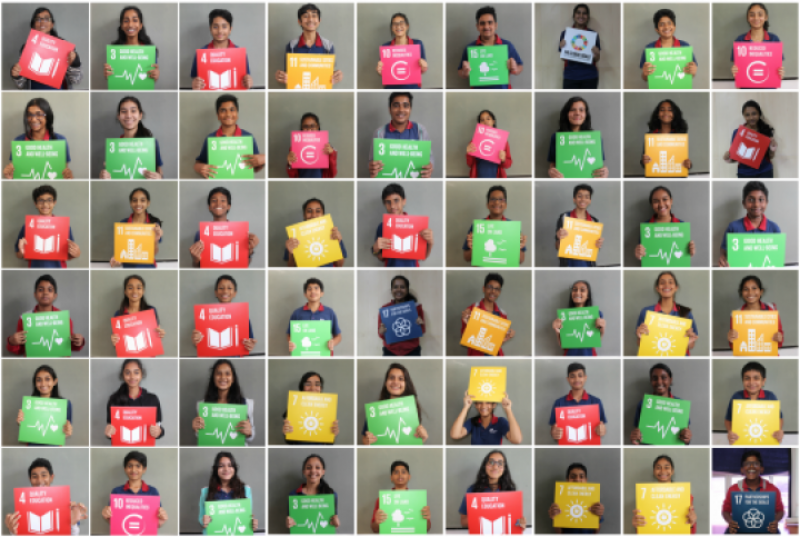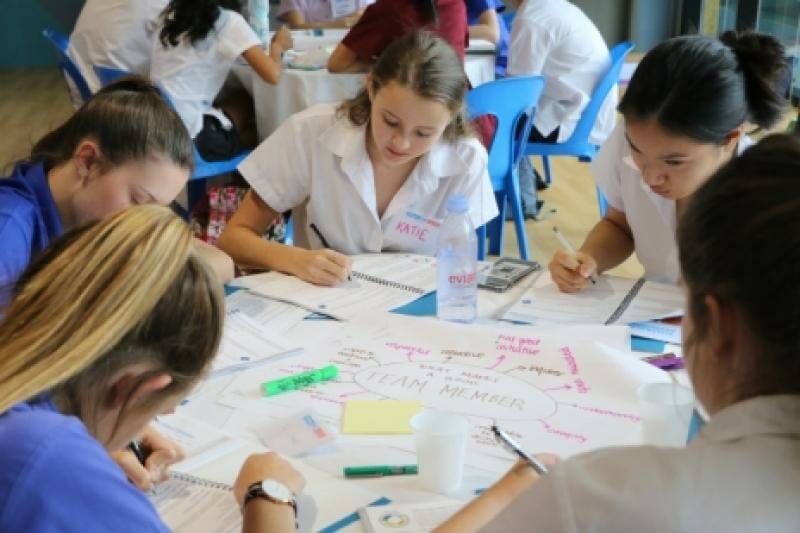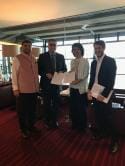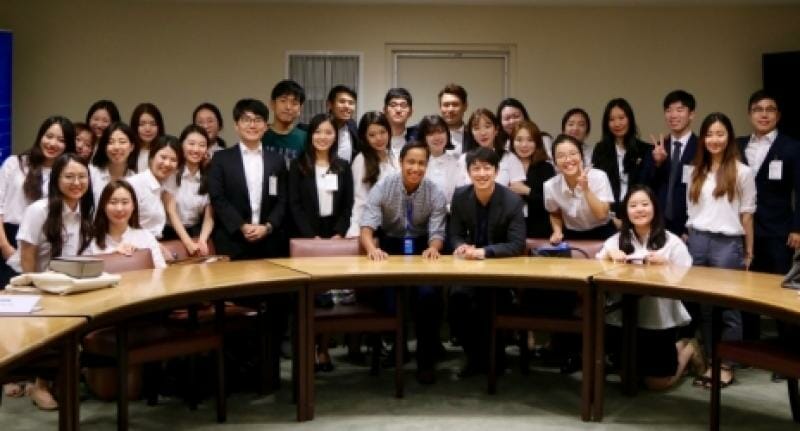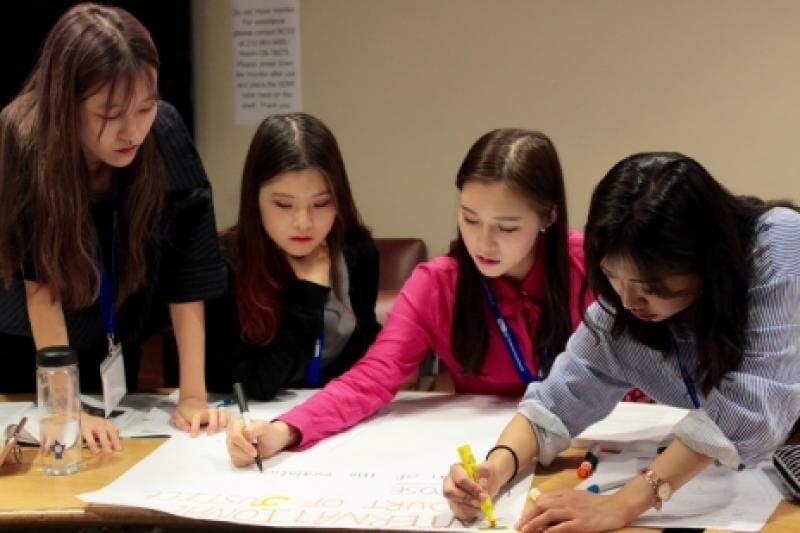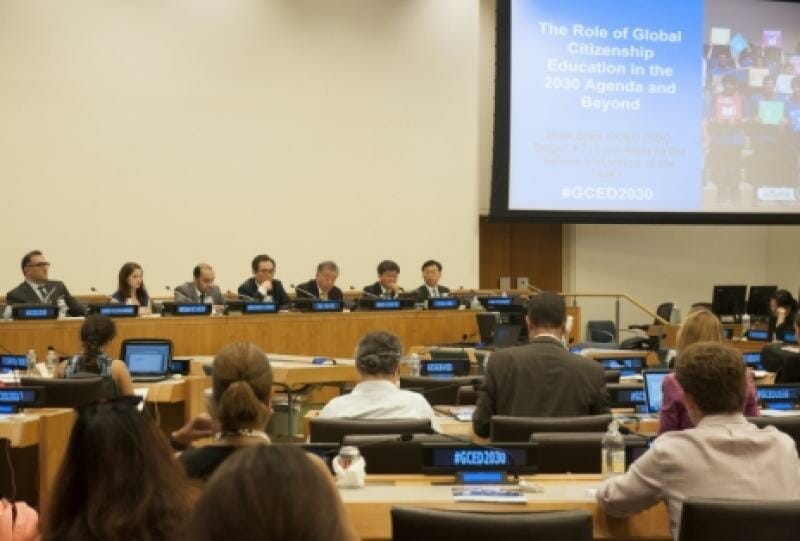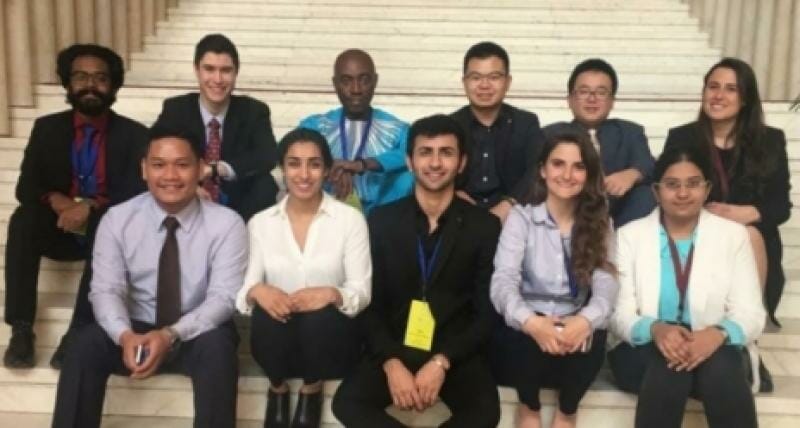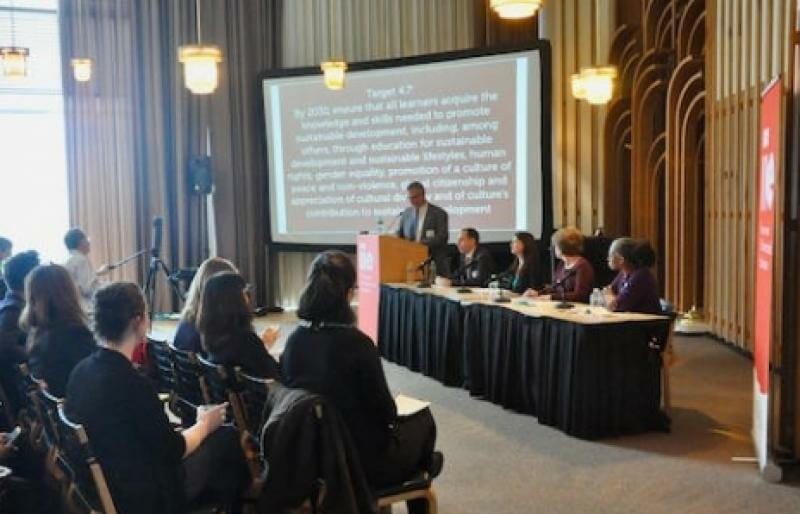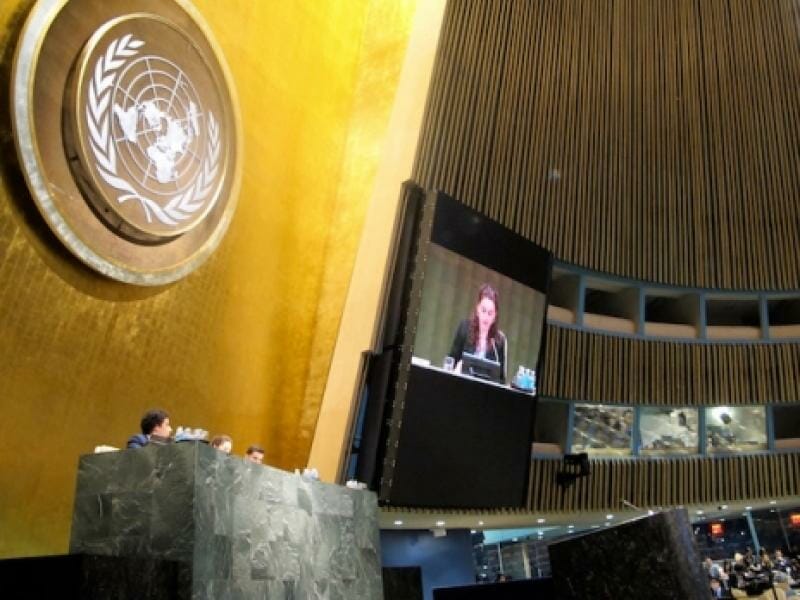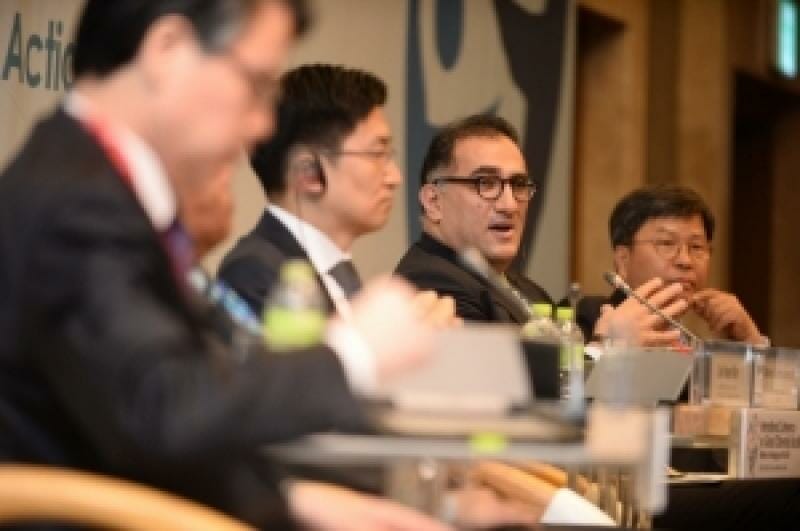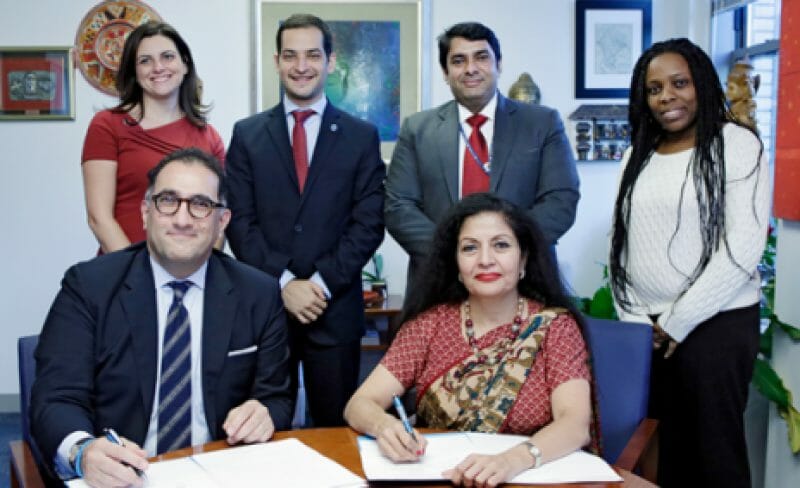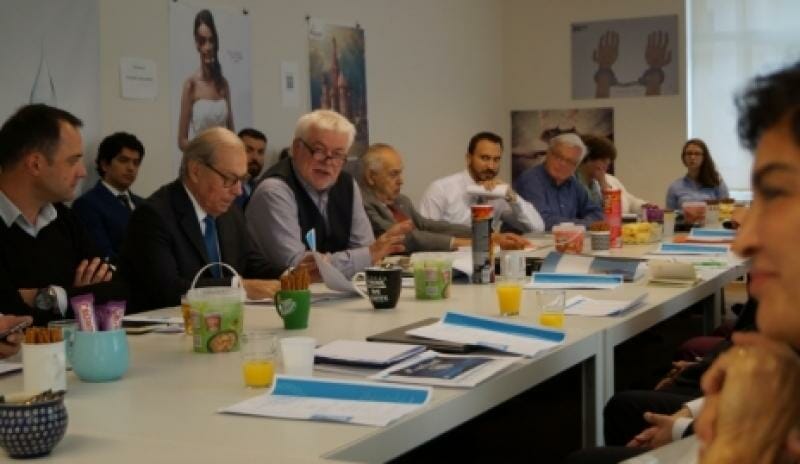On June 18, 2025, WFUNA participated in the side event on “Promotion and Protection of the Right to Development,” held alongside the 59th Session of the United Nations Human Rights Council at the Palais des Nations in Geneva. Co-hosted by the United Nations Association of China (UNA-China) and the Permanent Mission of China to the United Nations at Geneva. Gathering a range of experts, the discussion centered on growing implications of protectionism, trade conflicts, and declining development investments, particularly for countries of the Global South.
The conference served as a platform for stakeholders to highlight how multilateral action and policy reform can be instrumental in upholding the right to development as a fundamental human right. Speakers emphasized on the indivisibility of development and human rights, asserting that meaningful and sustainable progress in one cannot be achieved without the other. Minister-Counsellor Shi Qi of the Chinese Mission underscored China’s commitment to people-centered development and revitalizing communities through access to development. He stressed adherence to the 1986 UN Declaration on the Right to Development and previewed China’s upcoming resolution at the UNHRC on inclusive human rights contributions, striving for an equitable and participatory global development model.
Stressing that over 90% of SDG targets are rooted in human rights principles, Marc Limon of the Universal Rights Group warned against the erosion of the international rules-based order through unilateral sanctions and tariff measures, and called for renewed investment in measuring the on-the-ground impact of human rights mechanisms. Ambassador Ren Yisheng of UNA-China advocated elevating the right to development to a binding legal norm and adopting more holistic development indicators, citing China’s poverty eradication and the Belt and Road Initiative (BRI) as examples of inclusive development.
Representing the Shanghai Institute for International Studies, Professor Li Xin foregrounded the need to rebuild confidence in multilateralism, as trade confrontations hinder the industrialization of developing nations. She called for revitalizing all three UN pillars—peace and security, development, and human rights—stating, “When the pillar of peace and security shatters, the pillar of development shakes too”. David Lopez of the International Association for Human Rights and Social Development echoed the call for enshrining the right to development, framing it as an inalienable component of international law, global justice, decolonization, and global governance. The dialogue reaffirmed the international community’s commitment to human rights and inclusive development, demonstrating the potential for coordinated, equitable global progress.


